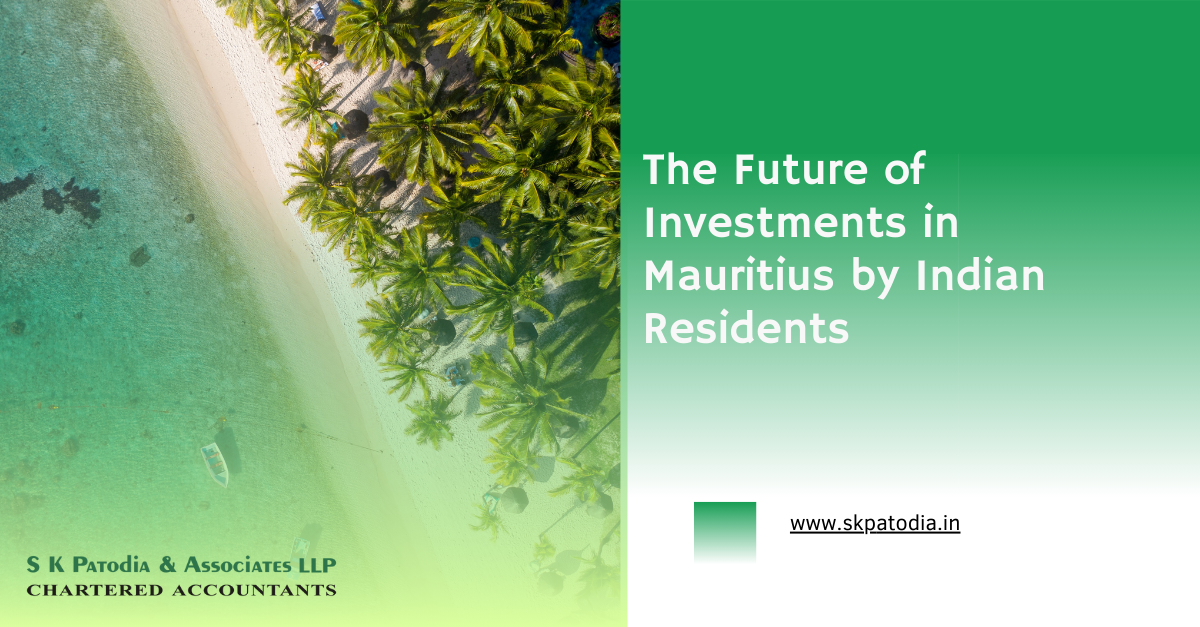Dreaming of being your own boss? In the finance epicentre of Asia? Where businesses keep growing and start-ups spring by the second?
Nobody ever said that opening a business was easy and when it comes to this city-state, it has it fair share of uphill struggles as well. It could be the ‘hard to please’ landlords, supervising the work force, having insufficient cash flow, running out of ideas or most importantly the drive to stick around during hard times. But most importantly a lack of insight into the mistakes that cost some of the Singapore companies their precious millions. Agreed, it is risky to open one’s own business and mistakes are bound to happen, but it doesn’t have to all the time.
Like a wise man once said “Entrepreneurship is living a few years of your life like most people won’t, so that you can spend the rest of your life like most people can’t.”
Here’s a check list of things to consider before opening a business in Singapore.
Networking Communities in Singapore
An ambitious entrepreneur should dedicate at least one fifth of his time to make contacts, build relationships and strengthen bonds. There are many entrepreneurial networking communities that organise meet ups. It is an excellent platform where you can make great connections as well as exchange experiences and ideas. Some of the popular networking communities in Singapore include Aspiring Entrepreneur Venture Night, Startup Grind Singapore, Singapore Entrepreneurs Network, The Hub Singapore, CoFoundersLab Matchup Singapore, Founders Drinks, TiE and Drink Entrepreneurs Singapore. These will definitely help broaden your network. If people don’t know about your business it won’t help if you have the greatest business idea in the universe.
Niche Audience vs. Mass Crowd?
A stellar idea may not always be the best business idea. A good analysis of market trends and target audience is mandatory. Chances are, if you are only aiming for the niche, you might be able to attract even 20% of the already limited customers. On the other hand, if you target a huge market you have more time to experiment with your business module. Industries in Singapore that cater to the most amounts of customers and have a stable growth potential include tourism, hospitality, information technology, biotechnology, telecommunications, fashion and education.
Spend a Little Money and Take Help
No, you simply cannot do everything on your own when it comes to incorporating a business in Singapore. Taking the help of legal and accounting experts will save you from the nagging bulk of troubles that will come in the future if you hire amateurs or try to work around it yourself. Singapore is filled with qualified agencies that operate seamlessly together to help businesses flourish.
Employees with 100% Qualification as well as Passion
It is the first employees you hire that can make or break a business. They set the trends that will be carried on the future. If you have employees that are qualified but do not possess the drive, then your business is bound to become stagnant. The team needs to have a clear vision of what the company requires. Apart from the basic core group, the company requires the assistance of skilled advisors with exceptional experience in market trends, rules and regulations, consumer behaviours, economic cycles and taxation.
Money Matters and So Does an Excellent Pitch
A decent budget is required to pull off a great business idea. It is essential come up with a flawless pitch with a specified growth target. The investors need to know precisely why they should invest their precious dollars into making your idea grow. In the words of the capitalist and marketing specialist Guy Kawasaki – “The best reason to start an organisation is to make meaning – to create a product or service to make the world a better place.”
A State Bound by Strict Laws and Regulations
In order to form a company in Singapore, the eligibility requirements need to be met. This is accompanied by registering the company with ACRA. Everything has to be done in accordance with the law. Additionally, one cannot hire foreign employees who do not own a work permit. Lastly, if you are looking to establish a successful business in Singapore, then you must apply for an EntrePass. If the rules and regulations are broken, strict measures are undertaken by the government.
This said, every business has its up’s and down’s and there is no clear paradigm of what works and what doesn’t; all theories are limited because reality is a lot more complicated. The point is to try. Like the British Industrialist famously quoted “Business opportunities are like buses, there’s always another one coming.”




